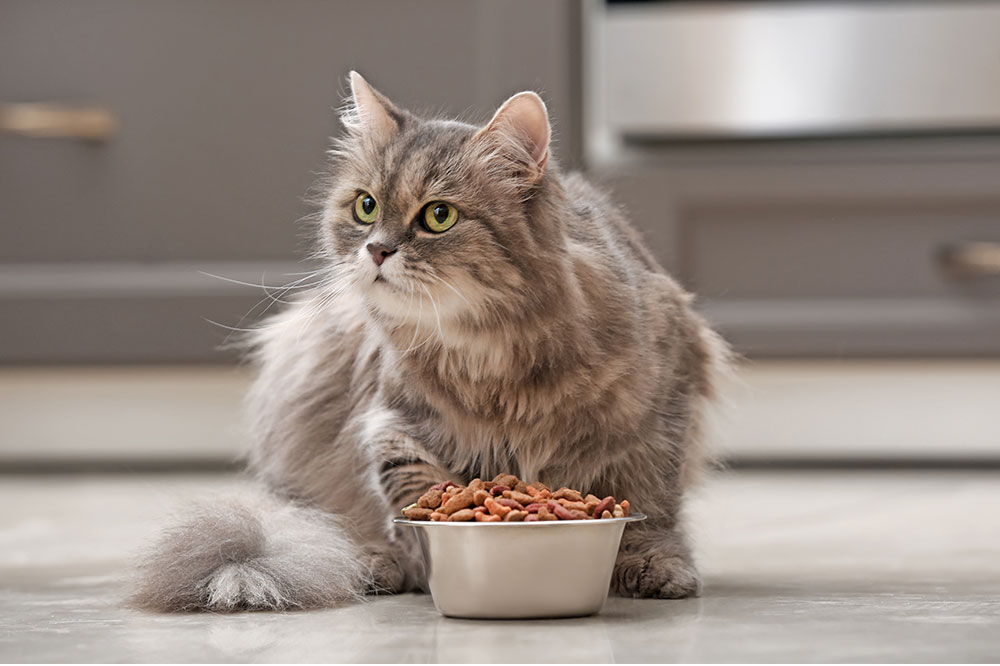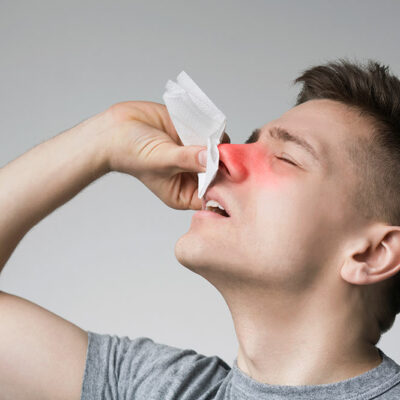
3 Ways to Help Cats Eat Healthy
Like us humans, cats also need a wholesome diet to live a healthy life. Minor changes to your feline’s everyday diet can go a long way in improving its overall health. Here are a few useful and timely tips you can incorporate to improve your cat’s diet.
1. Take care of your cat’s special food needs
When you buy or make cat food or treats, apart from considering their preferences, give importance to what is best suited for their health condition. There are specially formulated diets available in physical pet stores or online markets. Choose whatever is appropriate for your kitty. Veterinarians, too, may suggest prescription foods that are suited for certain health conditions in cats.
For example, if your cat is obese, then there are particular foods aimed at weight management. If it has kidney problems, then there are specific foods that are gentle on their kidneys, and some foods even encourage them to drink more water. Similarly, if your cat has digestive disorders, then special foods help alleviate the symptoms and enable easier digestion. You can take care of skin sensitivity, food allergy, urinary disorders, diabetes, and other health issues with specially formulated foods for cats. However, talk to your veterinarian before making any changes to your cat’s diet.
2. Do not feed toxic foods
Some foods are toxic to cats; especially foods that humans eat. So resist the temptation to feed food scraps while you are eating or snacking. Discipline yourself, and your cat will follow obediently. Remember that their health in the long term is more important than giving in to their “cuteness” and begging strategies now.
Some examples of foods that are poisonous for cats include chocolate, caffeine, raisin, grapes, garlic, onions, green tomato, avocado, alcohol, some types of mushroom, star fruit, aspartame and xylitol, raw eggs, ice cream, grapefruit, leeks, yeast, raw potato, nutmeg, candy, and raw fish. These can be dangerous and cause symptoms of food poisoning in cats, including lethargy, excessive salivation, vomiting, diarrhea, seizures, and coughing. They can also be damaging to their kidneys and can result in breathing difficulties.
3. Feed small portions, frequently
It is not ideal to keep your cat’s food bowl full throughout the day. Decide on specific times for foods and treats and feed your kitty only then. Free feeding may be good for your busy schedule, but it certainly isn’t so for your cat. Giving your cat small meals frequently and throughout the day is ideal for their health. Cats that are allowed to feed all through the day tend to become overweight or obese, which can, over time, trigger a chain of other health complications. Besides, allotting a specific time for each meal can also make your cat look forward to eating—and truly enjoying—their food.


